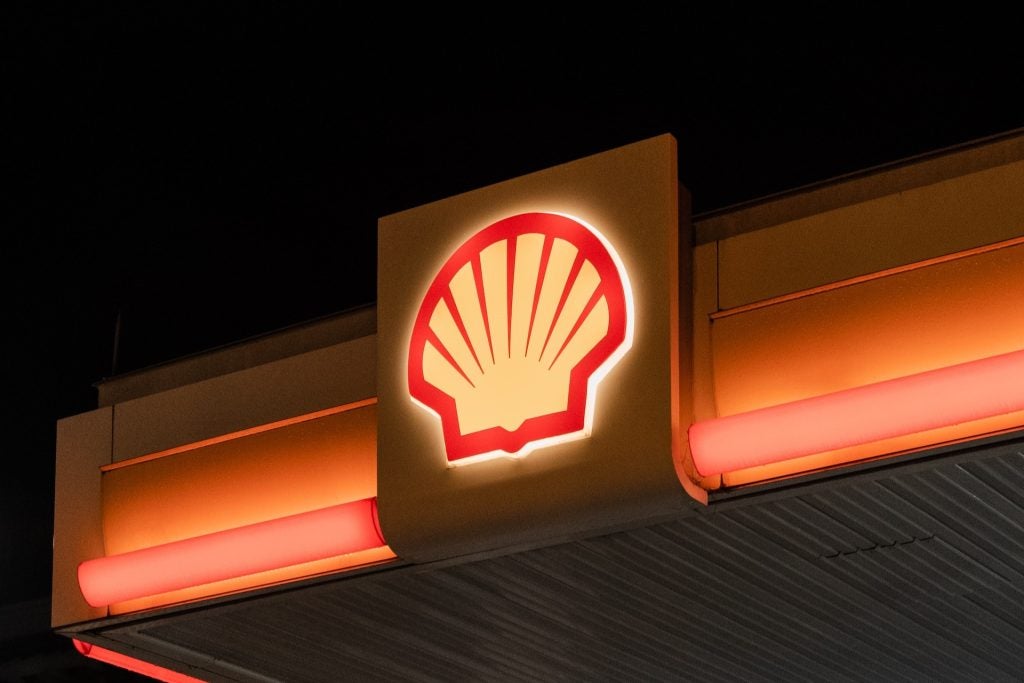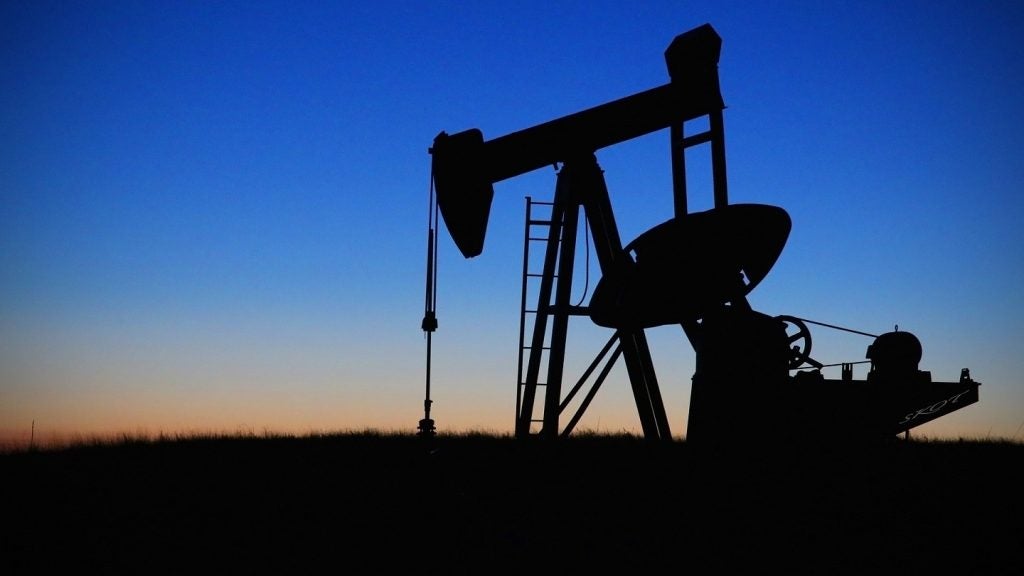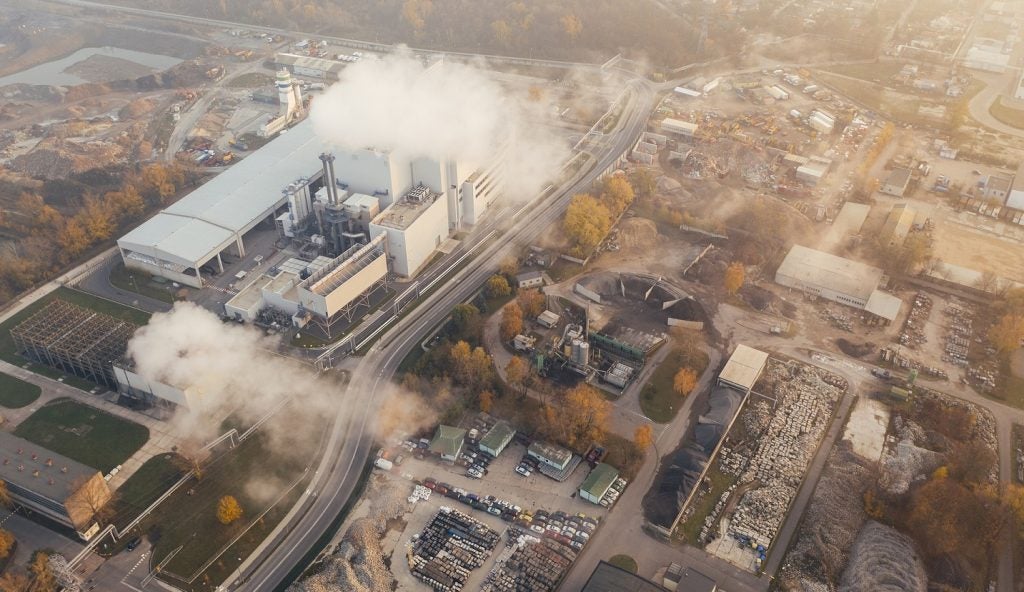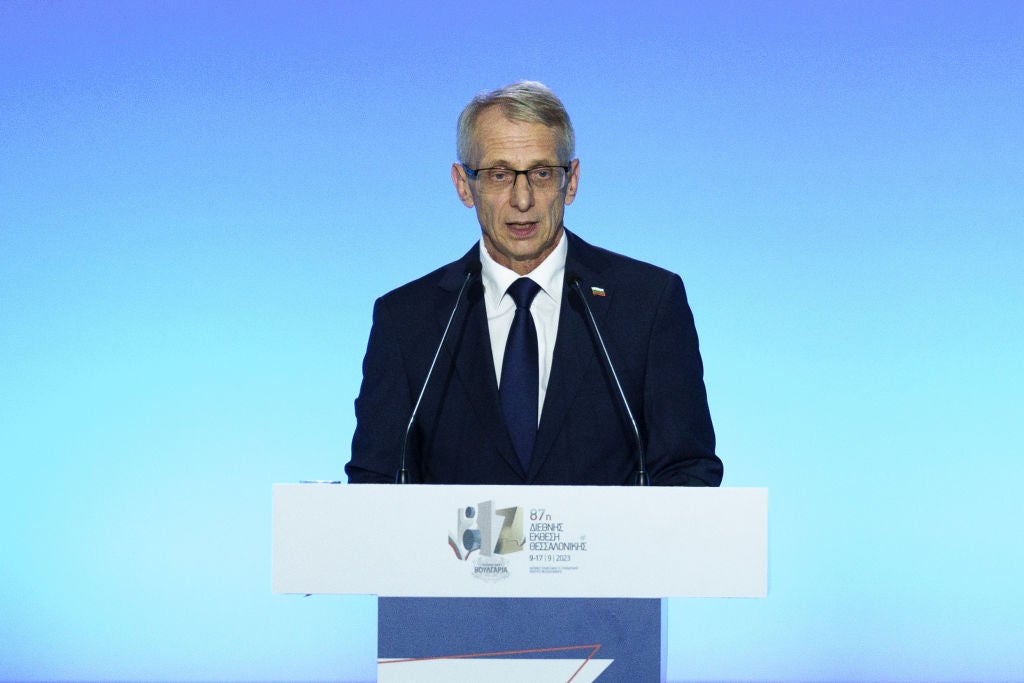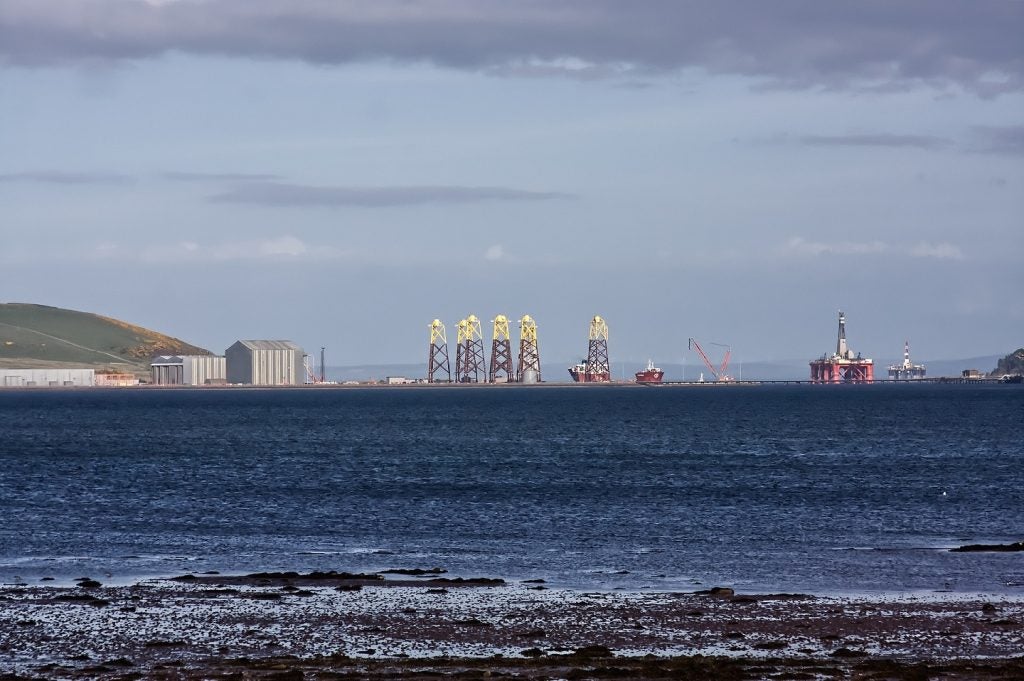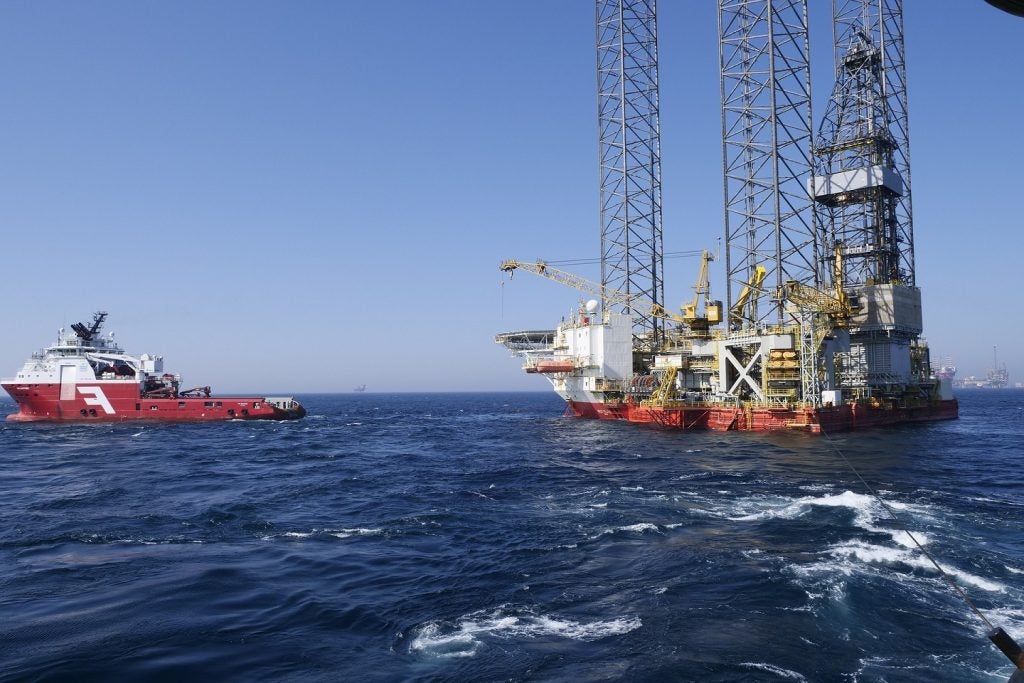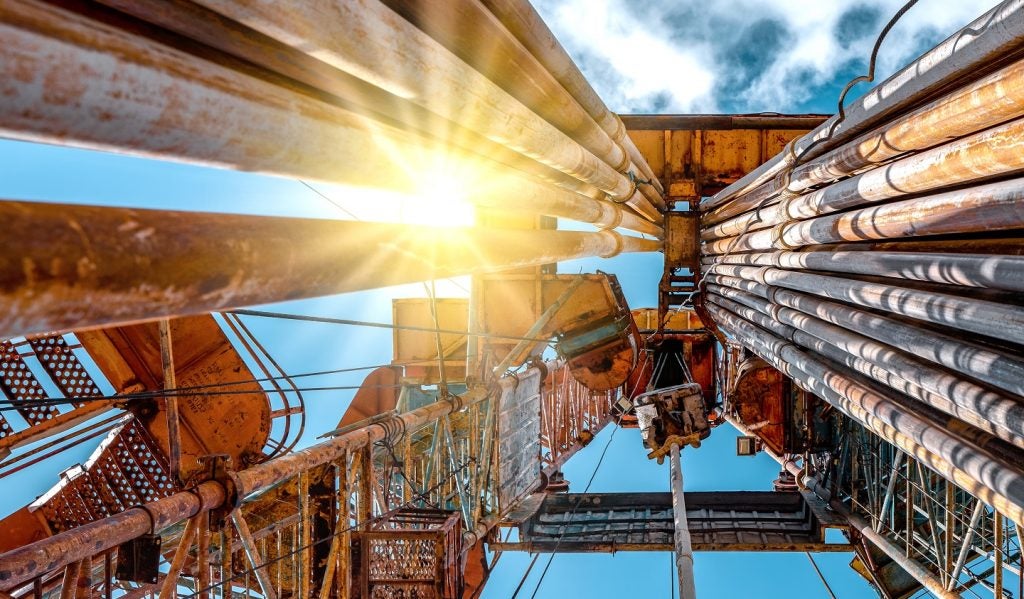The share price of oil and gas giant Shell hit a record high after the concerns around the ongoing Israel-Hamas attacks since 7 October led to a rise in the oil prices.
Shares of the company rose as high as 2,763 pence on Monday, recording a threefold increase from 2020, when the share price dropped to 878.3 pence.
Shell’s commercial value has also shot up by almost 10% to £183bn ($222.15bn) since 4 October, according to the Guardian, when OPEC+ countries, led by Saudi Arabia and Russia, announced a cut in output of two million barrels a day. The announcement by the OPEC+ cartel raised the price of Brent crude by 2% to $93.80, the highest since 15 September.
The International Energy Agency’s oil report, released last week, said the Israel-Hamas war since 7 October has “not had any direct impact on oil flows” currently, although it “spurred traders to price in a $3–4 per barrel of crude oil risk premium”.
The recovery in Shell’s share price is driven by higher commodity prices, particularly for natural gas in Europe.
Impact of war on energy facilities in Israel
Based on an assessment by Reuters, several energy sites in Israel have been shut down since the war began. In recent years, Israel has become a major gas exporter, but on 9 October, Chevron suspended operations at the Tamar gas field, which produced 10.25 billion cubic metres of gas in 2022.
Following this, Chevron also halted the export of natural gas between Israel and Egypt via the East Mediterranean Gas pipeline, stating it would use an alternative route via Jordan.
The oil terminal at the port of Ashkelon, 10km from the Gaza Strip, has also been shut down.


